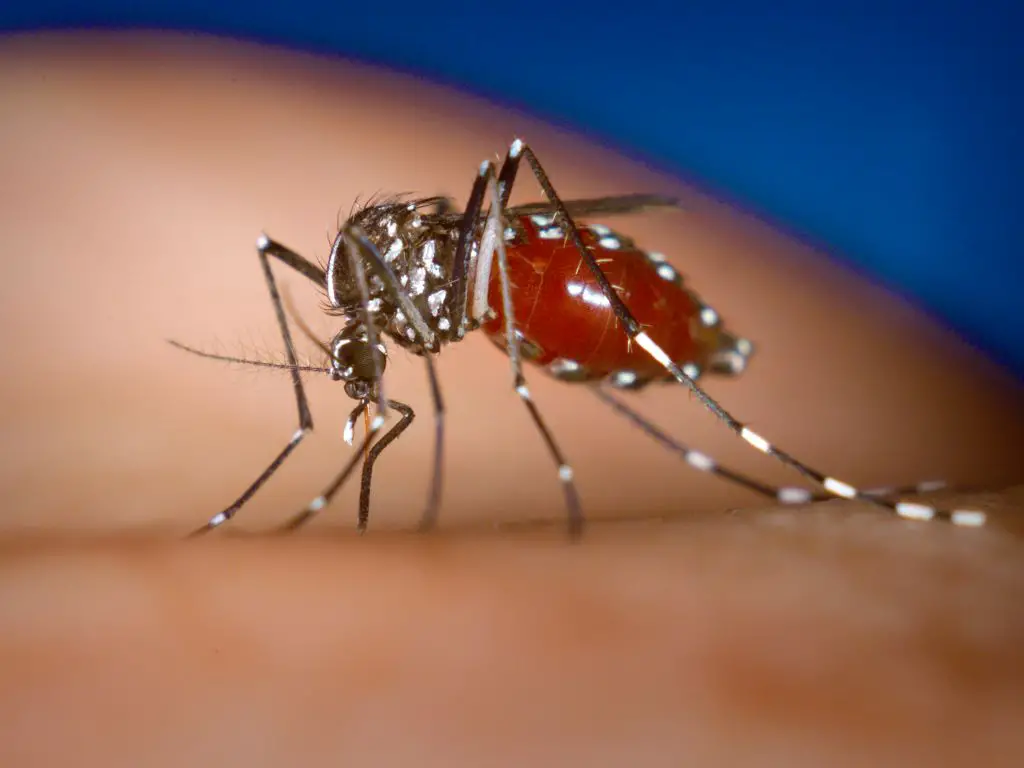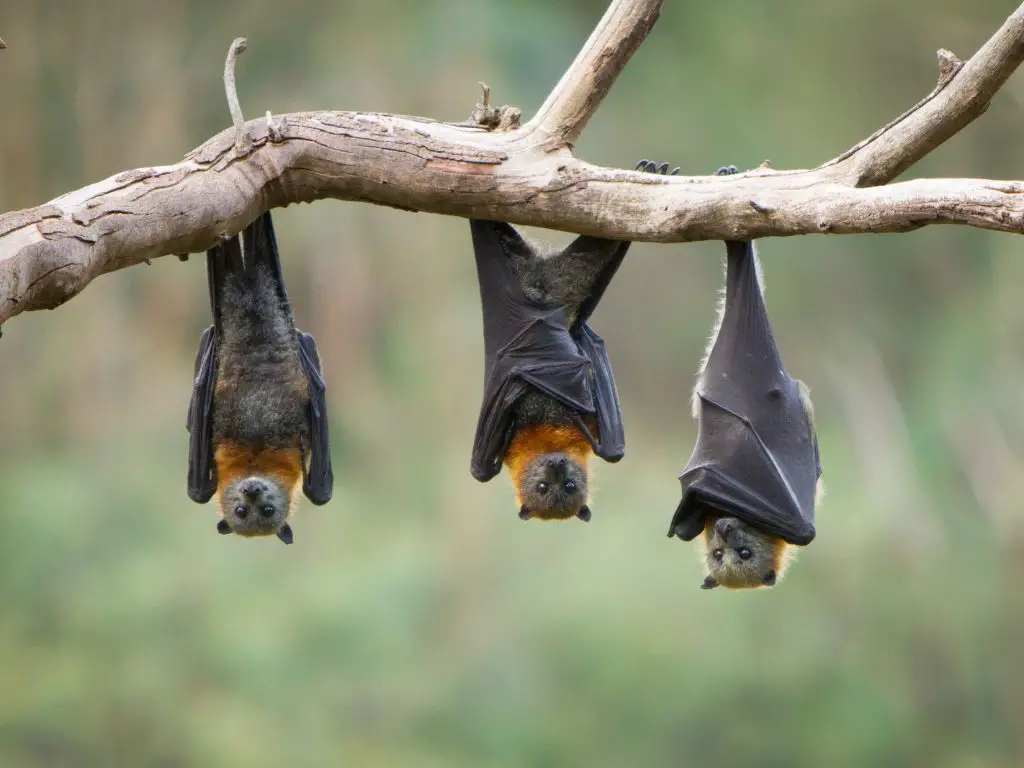Mosquitoes are one of the most common and widely distributed insects on the planet, but they are also known for being a nuisance and transmitting diseases such as malaria, dengue fever, and Zika virus. Despite their negative reputation, mosquitoes play an important role in the ecosystem and their potential extinction could have significant implications for human health, agriculture, and the environment. While the reduction of mosquito-borne diseases would be a positive outcome, it is important to consider the potential unintended consequences of mosquito extinction. This article will explore the potential impact of mosquito extinction, including the effect on the ecosystem, disease transmission, agriculture, and more.
What would happen if mosquitoes went extinct
If mosquitoes were to go extinct, it would have significant implications for the ecosystem, human health, and the economy. Lets list down the potential consequences of mosquito extinction.
Impact on the ecosystem
Mosquitoes are a part of the food chain, and their extinction could have ripple effects throughout the ecosystem. Mosquitoes serve as a food source for other insects, birds, and fish. Some species of birds, for example, rely heavily on mosquitoes as a food source during breeding season. If mosquitoes disappeared, it could have a negative impact on these species, potentially leading to declines in their populations.
Reduction in disease transmission
Mosquitoes are known for transmitting diseases such as malaria, dengue fever, and Zika virus. If mosquitoes were no longer around, the incidence of these diseases would likely decrease, which would have significant positive implications for global health. Mosquitoes transmit diseases by biting humans and injecting saliva that contains the pathogen into the bloodstream. If this mode of transmission was no longer available, the spread of these diseases would be greatly reduced.
Impact on agriculture
Mosquitoes can be a nuisance to livestock, causing discomfort and potentially leading to reduced productivity. Some species of mosquitoes also feed on the blood of cattle, horses, and other farm animals, which can lead to transmission of diseases such as West Nile virus. The disappearance of mosquitoes could potentially lead to an increase in agricultural productivity and reduce the need for insecticides to control mosquito populations.
Potential unintended consequences
While the disappearance of mosquitoes may seem like a positive development, it is important to consider the potential unintended consequences of disrupting an ecosystem in such a way. Mosquitoes may serve as a food source for other species, and their disappearance could lead to unanticipated shifts in the ecosystem. Additionally, the removal of mosquitoes could create ecological niches for other insects or animals to fill, potentially leading to the emergence of new diseases or pest species.
🔬 Subscribe to SciMail
Get the latest science discoveries straight to your inbox!
Possibility of mosquito extinction
While it is theoretically possible to drive mosquitoes to extinction through the use of gene editing or other technologies, it is unlikely to occur in the near future. Mosquitoes are incredibly adaptable and have evolved to survive in a variety of environments. Additionally, there are over 3,500 species of mosquitoes, and eliminating all of them would be a monumental task.
Impact on wetland ecosystems
Mosquito larvae are aquatic and live in standing water, including wetlands. They play an important role in nutrient cycling and are a food source for other aquatic organisms, such as fish and dragonflies. If mosquitoes disappeared, the ecology of wetlands could be disrupted, potentially leading to declines in biodiversity and changes in ecosystem function.
Impact on bat populations
Bats are one of the primary predators of mosquitoes, and some species of bats rely heavily on mosquitoes as a food source. If mosquitoes disappeared, it could have a negative impact on these bat populations, potentially leading to declines in their numbers and changes in their behavior.
Unforeseen consequences
As with any significant ecological change, the extinction of mosquitoes could have unforeseen consequences that are difficult to predict. Mosquitoes are a complex part of the ecosystem, and their disappearance could have impacts that we cannot currently anticipate. It is important to proceed with caution when considering any large-scale changes to the natural world.
In conclusion, while the disappearance of mosquitoes may seem like a positive development in terms of disease reduction, it is important to consider the potential impact on the ecosystem and unintended consequences before taking any action. While mosquito control efforts will likely continue, the total elimination of mosquitoes is not a feasible solution in the near future.
What is your take on this, should we drive mosquitoes towards extinction or keep them in control without disturbing the balance of ecosystem?






Leave a Reply